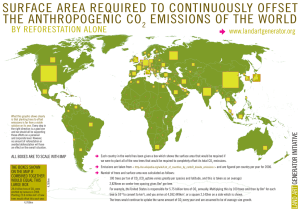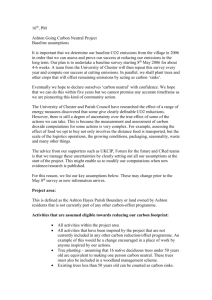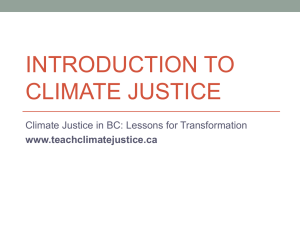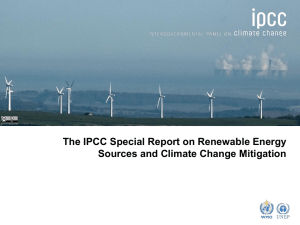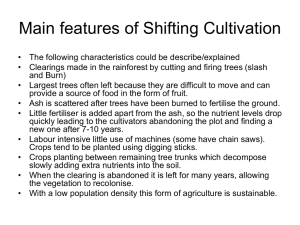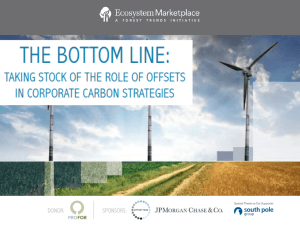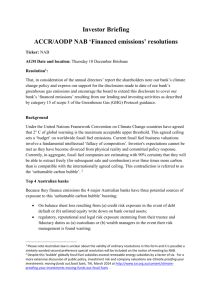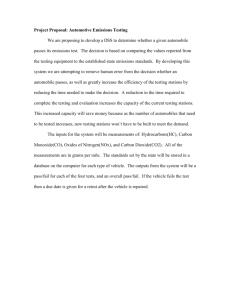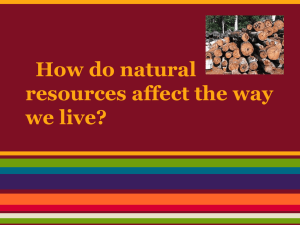Tree planting no morning-after pill for fossil fuel excesses
advertisement
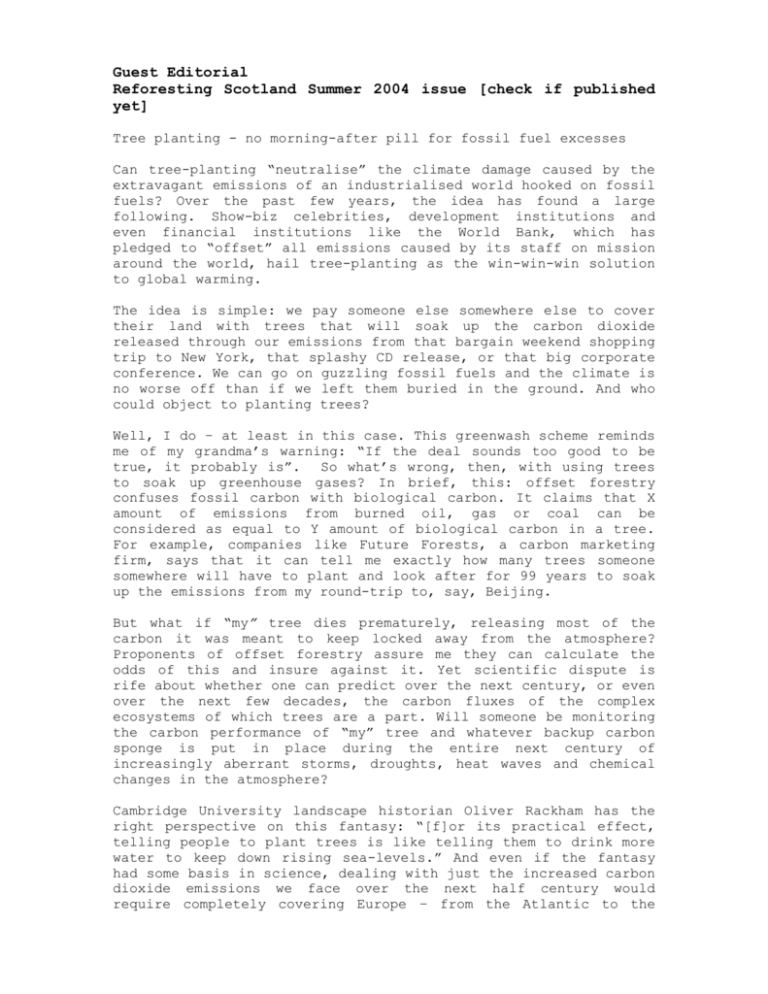
Guest Editorial Reforesting Scotland Summer 2004 issue [check if published yet] Tree planting - no morning-after pill for fossil fuel excesses Can tree-planting “neutralise” the climate damage caused by the extravagant emissions of an industrialised world hooked on fossil fuels? Over the past few years, the idea has found a large following. Show-biz celebrities, development institutions and even financial institutions like the World Bank, which has pledged to “offset” all emissions caused by its staff on mission around the world, hail tree-planting as the win-win-win solution to global warming. The idea is simple: we pay someone else somewhere else to cover their land with trees that will soak up the carbon dioxide released through our emissions from that bargain weekend shopping trip to New York, that splashy CD release, or that big corporate conference. We can go on guzzling fossil fuels and the climate is no worse off than if we left them buried in the ground. And who could object to planting trees? Well, I do – at least in this case. This greenwash scheme reminds me of my grandma’s warning: “If the deal sounds too good to be true, it probably is”. So what’s wrong, then, with using trees to soak up greenhouse gases? In brief, this: offset forestry confuses fossil carbon with biological carbon. It claims that X amount of emissions from burned oil, gas or coal can be considered as equal to Y amount of biological carbon in a tree. For example, companies like Future Forests, a carbon marketing firm, says that it can tell me exactly how many trees someone somewhere will have to plant and look after for 99 years to soak up the emissions from my round-trip to, say, Beijing. But what if “my” tree dies prematurely, releasing most of the carbon it was meant to keep locked away from the atmosphere? Proponents of offset forestry assure me they can calculate the odds of this and insure against it. Yet scientific dispute is rife about whether one can predict over the next century, or even over the next few decades, the carbon fluxes of the complex ecosystems of which trees are a part. Will someone be monitoring the carbon performance of “my” tree and whatever backup carbon sponge is put in place during the entire next century of increasingly aberrant storms, droughts, heat waves and chemical changes in the atmosphere? Cambridge University landscape historian Oliver Rackham has the right perspective on this fantasy: “[f]or its practical effect, telling people to plant trees is like telling them to drink more water to keep down rising sea-levels.” And even if the fantasy had some basis in science, dealing with just the increased carbon dioxide emissions we face over the next half century would require completely covering Europe – from the Atlantic to the Ural mountains – with trees. To soak up the UK’s annual greenhouse gas emissions, one would need to plant an area the size of Devon and Cornwall every year – and look after them forever. And the next year another area of that size would need to be covered, and the next… But carbon offset forestry’s troubles don’t end there. There is another question: Is “my” carbon-absorbing tree in fact mine at all? Several years ago the Norwegian-based organisation, Future in Our Hands, researched tree planting offset projects in Uganda and Tanzania. They came to the conclusion that offset forestry was a new form of colonialism, under which Northern companies and affluent citizens claim new lands simply to “undo” damage caused by our fossil fuel addiction. Already, monoculture plantations aimed at soaking up carbon released in industrialised countries are taking over and damaging the lands people need to live on in Brazil, Ecuador, Uganda and Tanzania. Closer to home, tree planting charities are also getting the short end of the stick. Future Forests, for example, passes on to tree-planters only a small fraction of the fee it pockets from the clients it claims to be making “carbon-neutral”: only 12 pence out of each six pounds collected, according to The Observer (28 April 2002). Twelve pence, of course, is nowhere near enough to plant and preserve a tree for 99 years. Where does that leave us? With the sobering yet unavoidable recognition that, wonderful as trees are, they are not the magic potion which will allow us to go on mining and burning fossil fuels. Carbon ‘offset’ projects may salve our consciousness but they won’t solve the problem. The only way of slowing global warming is to kick our fossil fuel addiction and make drastic reductions in greenhouse gas emissions. Jutta Kill works for SinksWatch, and initiative to track and scrutinize carbon sink projects. Contact SinksWatch, 1c Fosseway Business Centre, Stratford Road, Moreton-in-Marsh, Gloucestershire GL56 9NQ T: 01608 652 895 or E: jutta@fern.org or visit www.sinkswatch.org
